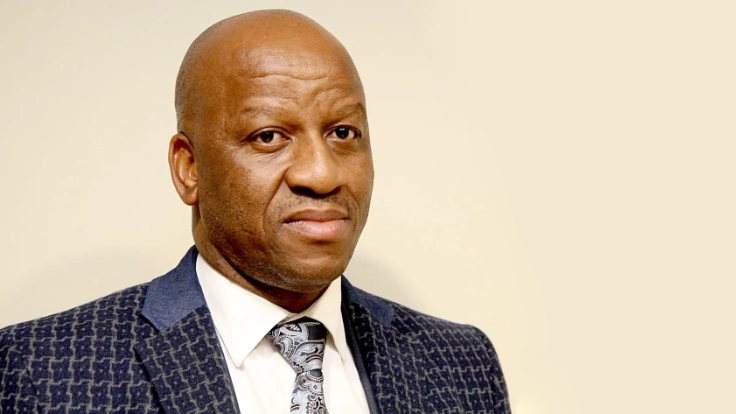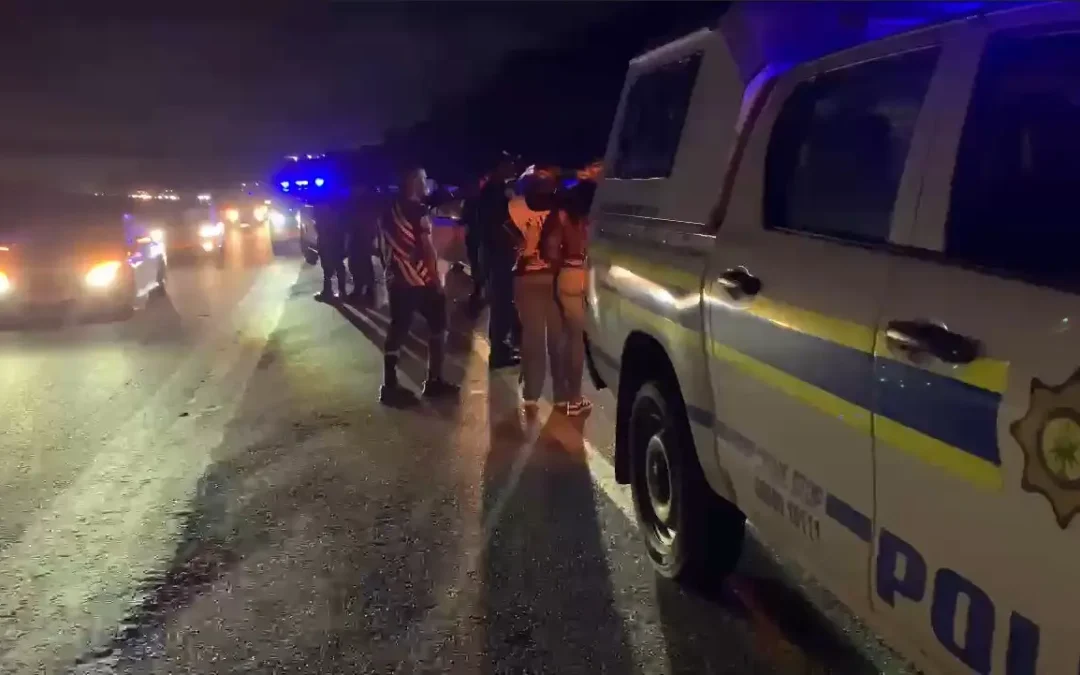The Eskom catastrophe in South Africa has led to a widespread electrification crisis, with government failing to address numerous solvable challenges arising from Eskom's operations. For over 15 years, South Africa has been experiencing regular load-shedding, and the situation is now approaching a full-blown energy disaster.
The right decisions must be made - and implemented immediately - to address this crisis. However, it is important to note that the energy system in South Africa is complex and multifaceted. No silver bullet or panacea can be used to instantly avert the power crisis.
When a complex system like ours is pushed to extremes, it is almost impossible to predict what will happen next. 2022 was the worst year to date, costing the country about R2 billion per day in terms of lost income from economic production due to load-shedding. Countless businesses have had to close, leaving yet more citizens facing unemployment and poverty.
The government has failed the citizens of South Africa, and it is now up to the private sector, citizens, academia, and foreign experts to come up with broad-based, innovative solutions to the electrification problem that the government’s inaction has created.
The current crisis presents South Africa with a challenge to come together as a nation and work out a solution with a proper foundational platform to stabilise and increase future electrification. Government needs to open up the sector, as their reluctance to do so only lends to the failure. In addition, this crisis has been an internal political football, kicked from camp to camp within the ruling party and used as a means to leverage power, both political and economic. It has reduced South Africa and its citizens, their health and their livelihoods, to collateral damage in the ruling party’s war with itself.
In the 15 years it has taken Eskom to bring the country to its knees, there have been countless missed opportunities to avert the energy crisis.
The Medupi and Kusile Power Plants were hailed as the solution to the energy deficit. Instead, their construction plunged Eskom into a debt crisis, due to soaring over-budget expenditure. They also took almost a decade to come online and despite being relatively new builds, they are constantly beset with breakdowns, due to design defects and poor construction. In 2019, Public Enterprises Minister, Pravin Gordhan, described Medupi and Kusile as being “badly designed and badly constructed”.
As the IFP, we believe that there are solutions to the current crisis.
We call on government to open the energy sector and ensure that deregulation happens swiftly – and not just on paper. In the short term, private businesses and the citizenry must start taking ownership of their energy future through self-generation, embedded generation, distributed generation, and potentially feeding power back into the grid.
In addition, South Africa is a solar-rich country and we should be taking full advantage of this resource, and converting it into much-needed power. Households must be encouraged to switch out appliances that consume high volumes of electricity, like geysers, and opt for solar geysers instead. Small, localised community initiatives must also be encouraged and supported.
International best practice examples must also be considered. For example, Modhera in Western India's Gujarat State runs entirely on solar energy, with government buying excess energy produced in the village from residents if they do not use the capacity allotted to them.
There is light at the end of the tunnel. However, the time for talking is past; immediate action must be taken to avert this looming disaster.
Hon. Narend Singh MP is the Inkatha Freedom Party’s Chief Whip in Parliament






![IFP Launches Its Plan to Rebuild KZN [English]](https://www.ifp.org.za/wp-content/uploads/2024/04/IFP-Launch-KZN-Plan-to-Rebuild-KZN-Photo-1-1080x675.jpeg)